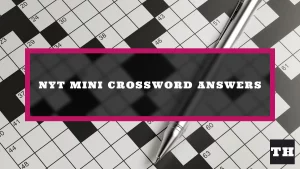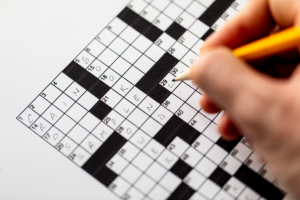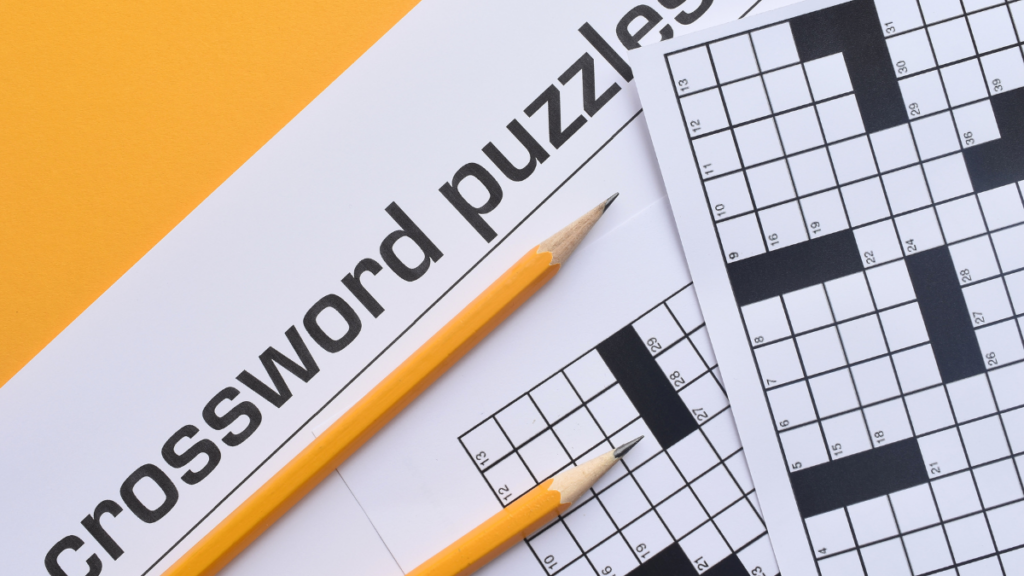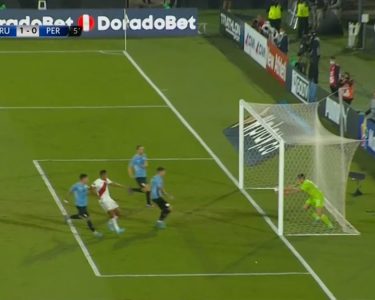Introduction
Mini crosswords are a delightful challenge for word enthusiasts, packing a punch of puzzling fun in a compact grid. But decoding these small yet complex wordplays requires a keen eye and a knack for linguistic maneuvering. This article will unveil strategies and techniques to conquer mini crossword clues efficiently, elevating your solving prowess to new heights.
Understanding the Clue Structure
Deciphering Clue Types: Mini crosswords feature diverse clue types. They could be straightforward definitions, wordplay hints, or even trivia. Familiarize yourself with common clues like anagrams, abbreviations, puns, and homophones.
Parsing Word Lengths: Pay attention to the number of letters in the answer. It’s a crucial clue often overlooked. A five-letter clue demands a five-letter solution.

Clue Decoding Techniques
Context is King: The clue’s context, placement, and neighboring words often hold the key to unlocking the solution. Sometimes, the theme or a shared pattern among clues can guide you.
Wordplay Analysis:
Anagrams: Look for words indicating mixing or rearranging letter
Abbreviations: Clues mentioning short forms like “Dr.” for doctor or “etc.” for et cetera are hints towards abbreviated answers.
Homophones: Clues hinting at sounds or pronunciations lead to words that sound similar.
Double Meanings: Words with multiple interpretations might hold a clue to a double entendre.
Crossing Letters: Utilize intersecting words to solve clues. If one word is already deciphered, it might provide the starting point for solving others.
Strategic Approaches
Tackle Easy Clues First: Start with clues that seem simpler or more straightforward. This can offer initial letters that will help solve the more challenging ones.
Break it Down: Some clues might seem daunting at first glance. Break them into parts or look for prefixes, suffixes, or roots within the clue to unravel it step by step.
Use Patterns: Look for recurring themes, words, or structures. Sometimes, certain puzzle creators have distinctive styles or preferences that could aid your solving.
Tools and Resources
Crossword Dictionaries and Thesauruses: These resources can be invaluable for exploring synonyms, antonyms, and alternate meanings.
Online Solving Communities and Forums: Engaging with fellow enthusiasts can offer fresh perspectives and collective problem-solving.
Practice Regularly: The more you solve, the better you get. Keep practicing to familiarize yourself with different clue structures and styles.

Final Tips
Stay Flexible: Don’t fixate on a single answer. Sometimes, a clue might have multiple correct solutions that fit the criteria.
Take Breaks: If you’re stuck, stepping away momentarily can often reset your thinking and offer a fresh outlook when you return.
Conclusion
Mastering mini crossword clues requires a combination of analytical thinking, vocabulary prowess, and strategic approaches. By understanding clue structures, employing decoding techniques, using strategic methods, and leveraging available resources, you can efficiently crack these puzzles, enhancing your enjoyment and satisfaction in solving them.




